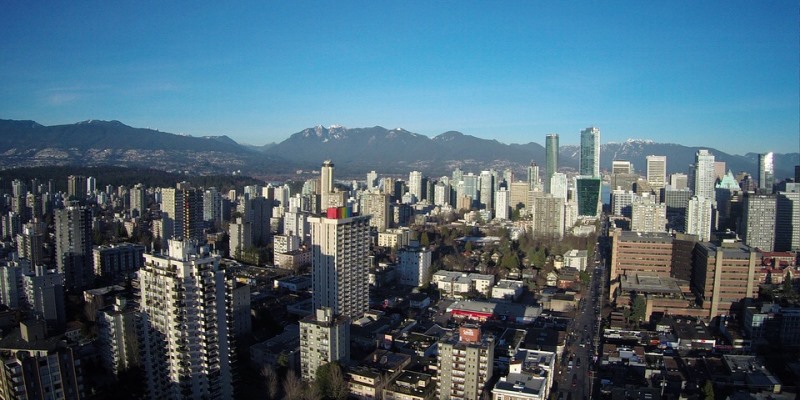Vancouver’s new government will face enormous pressure to grow the housing stock—quickly

With a municipal election looming, here’s a statistic that crystalizes one of, if not the most, important issues of the campaign. Home prices in Vancouver have grown almost 70 per cent since the last municipal election in 2014. Add in the city’s virtually nonexistent rental vacancies, and city hall—whatever its makeup after October 20—will face enormous pressure to grow the housing stock quickly, to meet demand and increase affordability.
Of course, making way for all this new housing inevitably means the face of Vancouver’s neighbourhoods will change. It could mean more walk-up apartment buildings slotted into otherwise bungalow-lined streets. It could mean less ground-level parking as Vancouver grows denser. It could mean historic neighbourhoods will see a greater mix of architecture. Understandably, this scope of change can cause unease—especially among long-time residents who might like Vancouver “just the way it is.” To many, significantly increasing the housing stock means irrevocably changing their city. As such, the status quo may seem preferable to unpredictable changes to the urban form.
But in reality, there’s no status quo to protect. Why? Because the city is changing whether Vancouverites like it or not.
Again, the cost of buying or renting in Vancouver has grown sharply in recent years. This is bad news for young families trying to get a toehold in the market. This is bad news for workers in search of opportunity, and for the growing businesses trying to find and retain such workers. This is bad news for governments looking to hire nurses, firefighters and police officers essential to any community. In short, Vancouver’s housing shortage is affecting the most important part of the urban fabric—people. If only the wealthiest segments of the population can afford to live in Vancouver, it will more closely resemble a museum than a living breathing city. A healthy community requires a constant infusion of new blood, and if newcomers can’t afford to live here, the community, as we know it, will wither.
So contrary to what some believe, the choice in not between keeping things as they are and changing them—this is a false dichotomy. Rather, the choice is between preserving the way the city looks and preserving the mix of people able to live in it.
Of course, there are pros and cons to each option. Many residents may prefer the single-detached character of their neighbourhood or the continued ability to freely use many of the city’s streets for parking. They may not want a potential increase in traffic or crowding on the SkyTrain. They may value better vistas on the mountains from their backyards or balconies. Fair enough.
But all of these preferences come at a cost. Every new housing unit delayed (or quashed) by lengthy building permit approval timelines, rezoning applications or local opposition is a unit that could help ease the pressure on Vancouver’s already squeezed housing market. In fact, a report commissioned by the provincial government early last year estimated that more than 115,000 new housing units were awaiting approval in six Metro Vancouver municipalities at that time. The approval and construction of such units would certainly alter the face of neighbourhoods, but it would also help ensure a healthy housing market, presenting options to Vancouverites at all stages of their lives and careers.
If, indeed, governments reflect the people they are meant to serve, then there’s hope for Vancouverites seeking light at the end of the affordability tunnel. Rather than prioritize the current cityscape, future policy can prioritize people, from young families with children to retirees looking to downsize. However, such policies are only possible after Vancouverites decide what kind of city they want to live in—a city more interested in preserving the way it looks or a city that ensures people of all incomes, ages and skillsets can continue to call Vancouver home.
Authors:
Subscribe to the Fraser Institute
Get the latest news from the Fraser Institute on the latest research studies, news and events.

